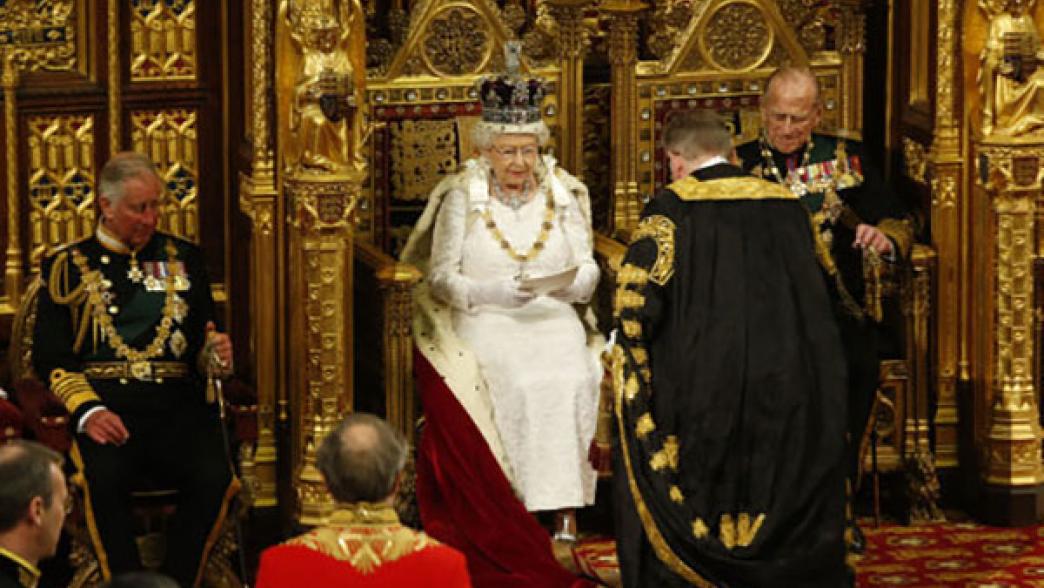Comment
The Queen’s Speech and the Fixed-term Parliaments Act

Historically, the Queen’s Speech has been considered a vote of confidence, with governments resigning if they lose it. Dr Catherine Haddon argues that while this vote is important, the Fixed-term Parliaments Act (FTPA) changes things.